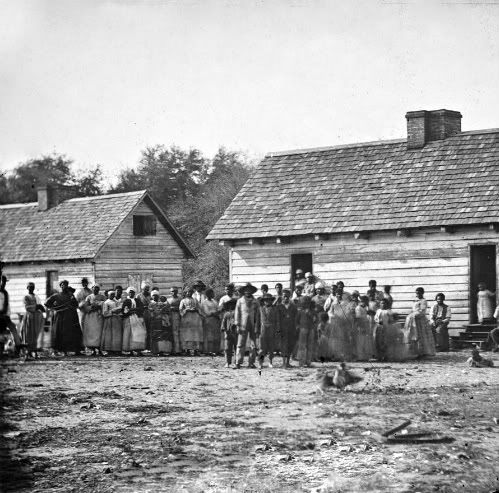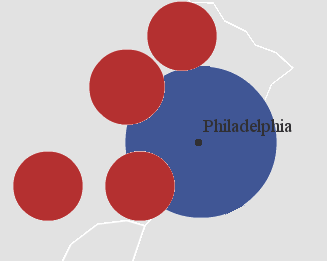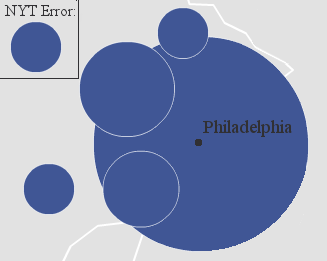In this regular series, we profile advisors to the Nourishing the Planet project. This week, we feature Louise Buck, Senior Extension Associate at Cornell University. Cross posted from Worldwatch Institute’s Nourishing the Planet.
 Name: Louise Buck
Name: Louise Buck
Affiliation: Cornell University and Ecoagriculture Partners
Location: Ithaca, New York, United States
Bio: Louise Buck is Senior Extension Associate at Cornell University. She joined the university’s Department of Natural Resources in 1996 and has been associated with the Cornell International Institute for Food Agriculture and Development (CIIFAD) since 1993. Presently, Louise leads the Cornell Ecoagriculture Working Group. Her interests include community-based natural resource management, agroforestry, curriculum development for experiential learning, and participatory research.
Recent Work:
-L.E. Buck and S.J. Scherr, “Building innovation systems for managing complex landscapes,” in K.M. Moore, ed., The Sciences and Art of Adaptive Management: Innovating for Sustainable Agriculture and Natural Resources Management (Ankeny, IA: Soil and Water Conservation Society, 2009).
-J. Sayer and L.E. Buck, eds., “Learning from Landscapes,” IUCN Forest Conservation Program and Ecoagriculture Partners, Arborvitae Special Issue, September 2008.
-“Farming the Forest,” Cornell Plantations Magazine, vol. 62, no. 2 (2007), pp. 6-13.
-L.E. Buck, T.A. Gavin, N.T. Uphoff, and D.F. Lee, “Scientific Assessment of Ecoagriculture Systems,” in S.J. Scherr and J.A. McNeely, eds., Farming with Nature: The Art and Science of Ecoagriculture (Washington, DC: Island Press, 2007).
On Nourishing the Planet: The Nourishing the Planet project will stimulate much-needed innovation in the development of integrated land-use and market systems that can deliver food production, environmental conservation, and livelihood security outcomes. It will also support innovation in the collaborative management of agriculture and natural resources at a landscape scale.
How do farmers benefit from the utilization of forest management? Forests and forest resources play vital roles in farmers’ livelihood strategies throughout the world, especially in lesser developed countries and in places where livelihood security is tenuous. Forests provide safety nets for farmers when times get tough, and managing them is essential to the reliable production of foods, medicines, fodder, and building materials that many millions of farmers depend on during all or part of the year. In addition, forests play vital roles in micro-climatic and hydrologic functions that regulate the supply of water needed for crop growth and livestock production in agricultural landscapes. Management is required to ensure the delivery of these critical ecosystem services.
Can you describe the local benefits of forest management as well as the global benefits? Local benefits contribute to the livelihoods of people and to the well-being and survival of wildlife in proximity to where forests are located. Such benefits include a wide variety of products, habitat, and water regulation to help prevent flooding and drought. Globally, forests contribute to climatic function through their roles in the hydrological cycle, and in the sequestration of carbon and other greenhouse gases.
What types of projects, policies, and other actions would you like to see put in place to encourage improved forest management? Systems of land tenure and property rights that provide incentives for local communities to manage forest resources for current and future use are the core requirement for sustainable forest management. Locally based management systems must be protected by national-level regulations and sanctions against internal and external violators. With these measures in place, communities can readily develop the capacity for effective management. While a variety of joint management and collective-use agreements from around the world can serve as models, the political will to support and protect them from violators is too often in short supply. Given the local and global importance of forests, this is a core issue that humanity needs to address.
What role can education play in encouraging people to think about environmental sustainability when practicing agriculture? Formal and informal education at all levels can play an essential role in building awareness about the linkages between agricultural practice and environmental protection. The keys are in “getting the curriculum right” and in fostering joint learning and collective problem solving. A particularly promising educational tool for this purpose is the Agriculture Bridge system, which connects innovative agricultural practitioners around the world to leading universities and to one another to help resolve pressing questions related to agriculture and conservation through the use of multi-media case studies and an interactive communications platform.
Thank you for reading! If you enjoy our diary every day we invite you to get involved:
1. Comment on our daily posts-We check comments everyday and look forward to a regular ongoing discussion with you.
2. Receive weekly updates-Sign up for our “Nourishing the Planet” weekly newsletter at the blog by clicking here and receive regular blog and travel updates.

 Name: Louise Buck
Name: Louise Buck In many parts sub-Saharan Africa, 60 percent of children come to school in the morning without breakfast, if they attend school at all. Many suffer from health and developmental problems, including stunted growth. Exhausted from hunger and poor nutrition, they often have trouble paying attention and learning during class.
In many parts sub-Saharan Africa, 60 percent of children come to school in the morning without breakfast, if they attend school at all. Many suffer from health and developmental problems, including stunted growth. Exhausted from hunger and poor nutrition, they often have trouble paying attention and learning during class.
 Nearly 40 years after Francis Moore Lappé wrote
Nearly 40 years after Francis Moore Lappé wrote 
